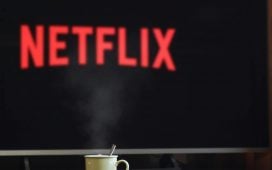Over the last decade and more, Ramadan coincided around the middle of the year, dictating businesses to craft a distinct marketing strategy.
This approach involved distributing their marketing efforts across the year mirroring a bell curve budget model: starting with a soft communication in quarter one, then strategically allocating a hefty budget around Ramadan to establish connections and make a significant impact and then sustaining momentum till the end of year.
This gave a push for brands to reach their targets and make significant strides towards achieving end-of-year targets.
This time around, Ramadan has dictated a different set of rules. With the holy month falling in quarter one
Leveraging Ramadan’s impact
The Holy Month is an opportunity for brands to build on the short-term goal of increasing impact, says LeadGen’s Rasha Mansour
To continue reading this article you need to be registered with Campaign. Registration is free and only takes a minute. Register Now or sign in below if you already have an account.









